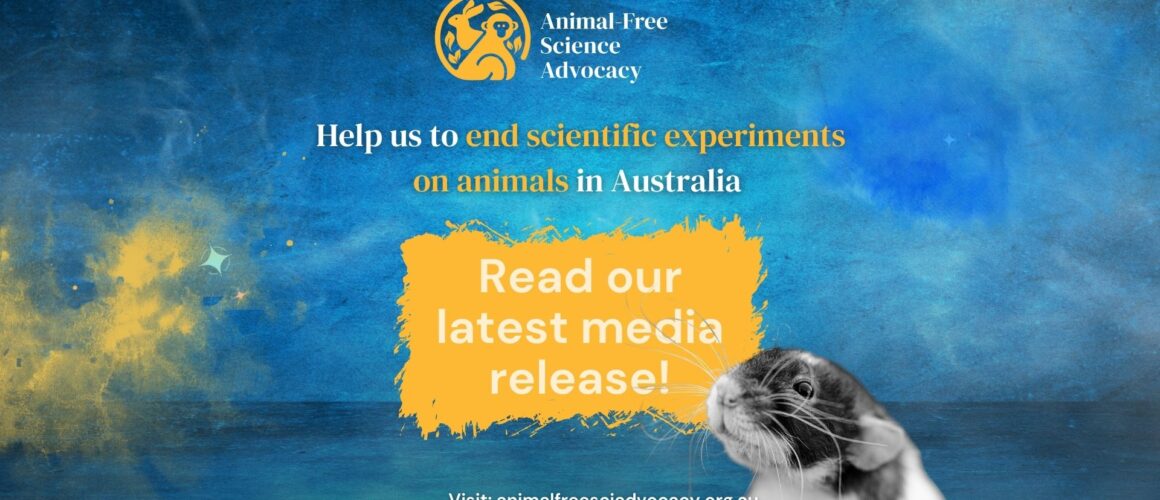A government committee tasked with an Inquiry into the use of primates and other animals in medical research in New South Wales has issued its report, providing 13 recommendations to the NSW Government. The recommendations include rapid phase out of the forced swim test and nose-only smoke exposure research, commitment of funding to enable the establishment and operation of a national flagship 3Rs research centre, training support to members of animal ethics committees, review of the National Code regulating animal research, and measures to enhance transparency, strengthen compliance and encourage national consistency in reporting.
With over 700 submissions received from individuals, the use of animals in medical research is clearly an issue on which there is strong public concern. HRA provided evidence during the Inquiry and is supportive of the recommendations that have resulted, recognising that calls for both Government funding for the development and validation of non-animal methods and for increased auditing capacity by regulators received broad support, including from those involved in animal research.
The Inquiry highlighted increasing opposition to the use of the forced swim test and smoke exposure research, research methods which have questionable scientific validity and cause severe suffering. As an organisation advocating for a ban on these methods, HRA is pleased to see the inclusion of a recommendation for a rapid phase-out and urges funders to re-consider funding support for any research using these protocols.
HRA welcomes the NSW Inquiry as a first step to heightened scrutiny, transparency and regulation, recognising that much of these changes rest of regulatory reform underway in NSW via review of the Animal Research Act 1985.
HRA regrets that no recommendations have been made to curtail primate experimentation. The escape of three baboons from the Royal Prince Alfred Hospital in February 2020 lead to heightened awareness of the use of animals in medical research in New South Wales, resulting in this Inquiry two years later. Yet, there appears to be no commitment to reducing primate experimentation, a practice to which 63% of the Australian public object.
HRA urges the NSW Governments to adopt and implement the recommendations in full.
HRA CEO Rachel Smith says ‘The advancement of new approach methodologies (NAMS), such as using cells from human tissues and organs, as well as existing data, combined with the inability of animal models to accurately mimic human biology, lend themselves to Government investment in replacing animal models in medical research. For this change to happen, it must be incentivised, and there must be increased accountability to measure the progress along the way. HRA sincerely hope this report will lead to such changes in the interest of human and animal wellbeing’.
Ends
Notes:
HRA Forced to Smoke Campaign Webpage
HRA Forced to Swim Campaign Webpage
